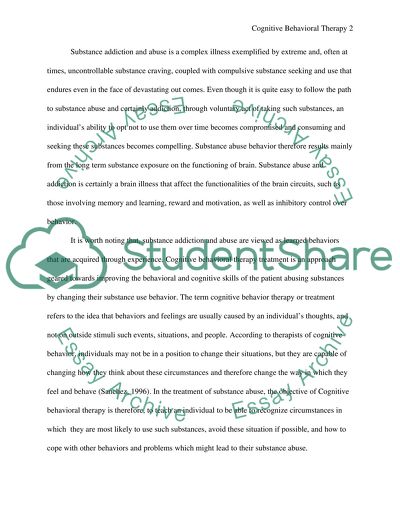Cite this document
(“Cognitive Behavioral Therapy to Treat Substance Abuse Research Paper”, n.d.)
Retrieved from https://studentshare.org/psychology/1394012-cognitive-behavioral-therapy-to-treat-substance-abuse
Retrieved from https://studentshare.org/psychology/1394012-cognitive-behavioral-therapy-to-treat-substance-abuse
(Cognitive Behavioral Therapy to Treat Substance Abuse Research Paper)
https://studentshare.org/psychology/1394012-cognitive-behavioral-therapy-to-treat-substance-abuse.
https://studentshare.org/psychology/1394012-cognitive-behavioral-therapy-to-treat-substance-abuse.
“Cognitive Behavioral Therapy to Treat Substance Abuse Research Paper”, n.d. https://studentshare.org/psychology/1394012-cognitive-behavioral-therapy-to-treat-substance-abuse.


